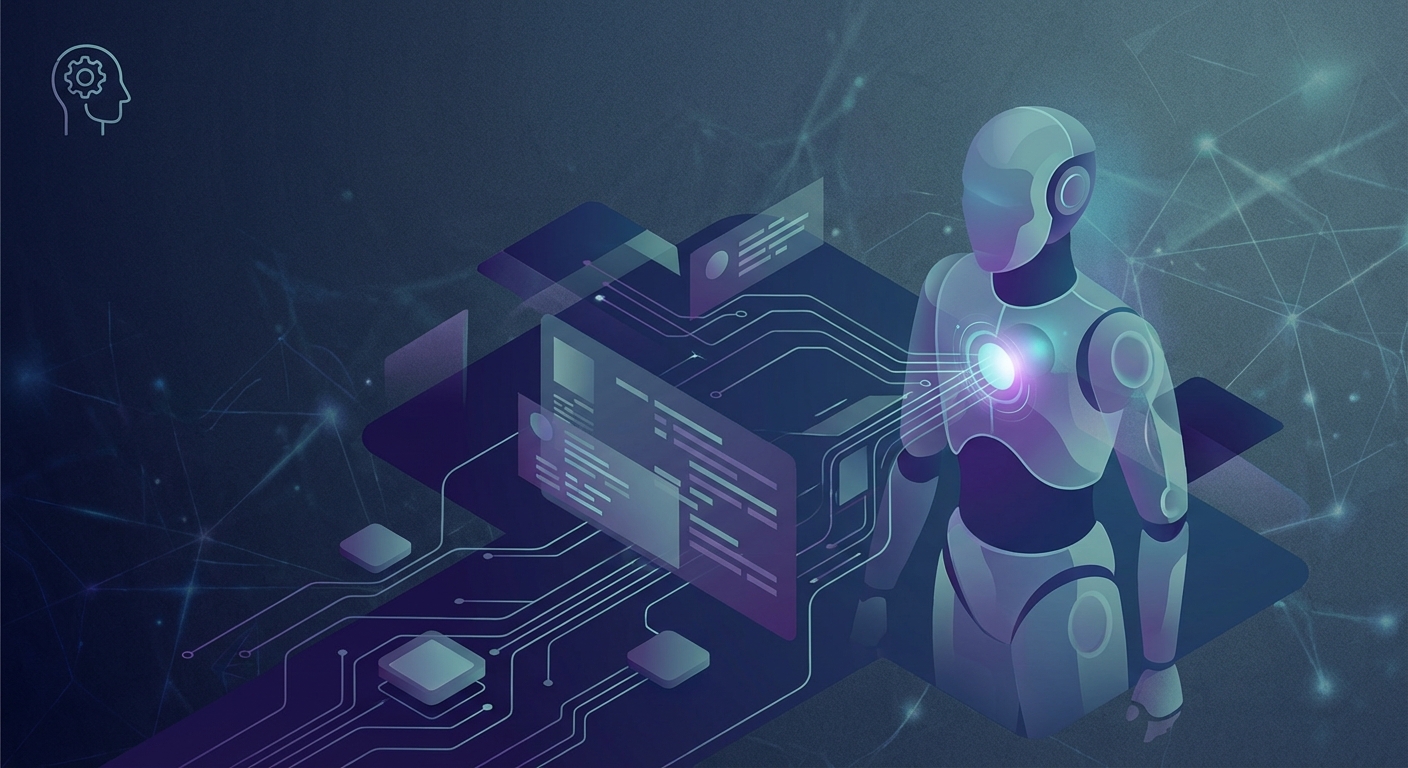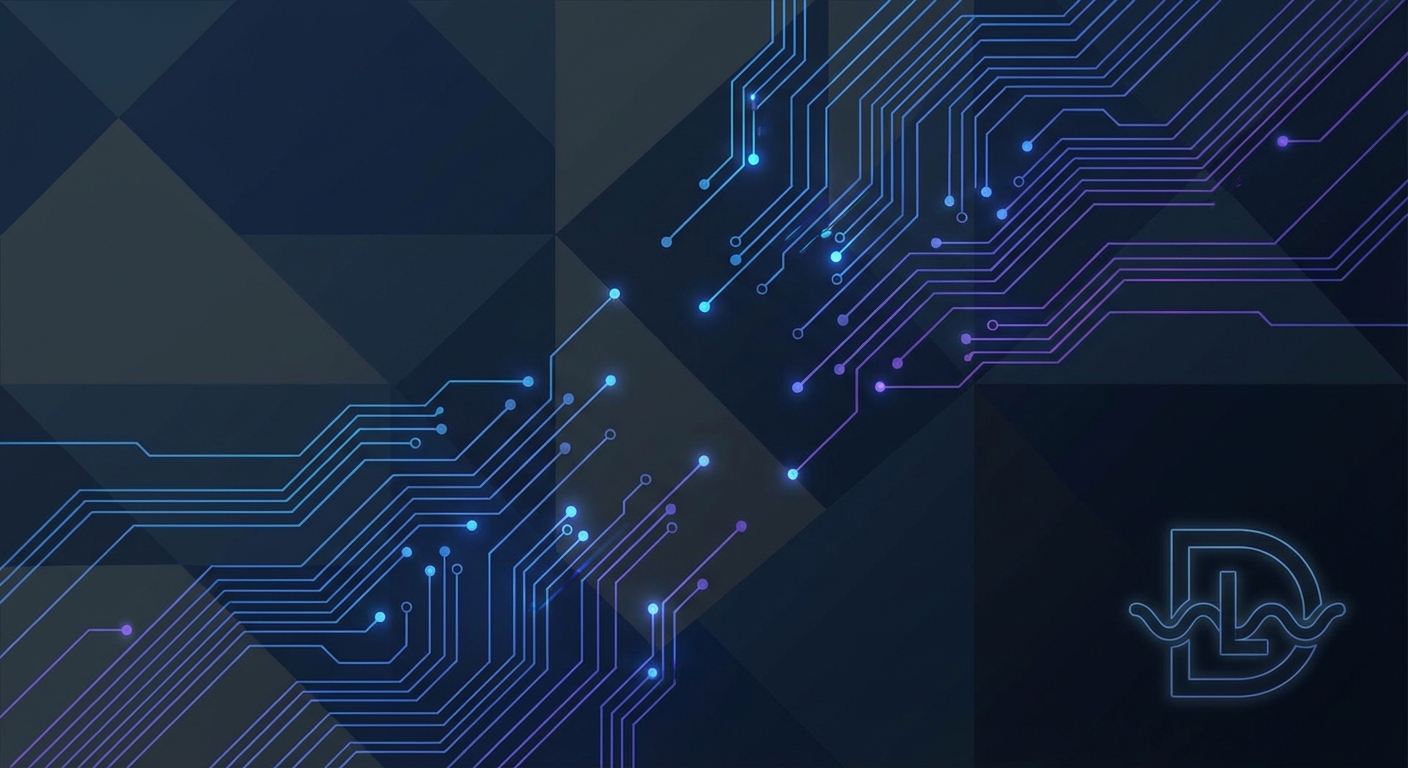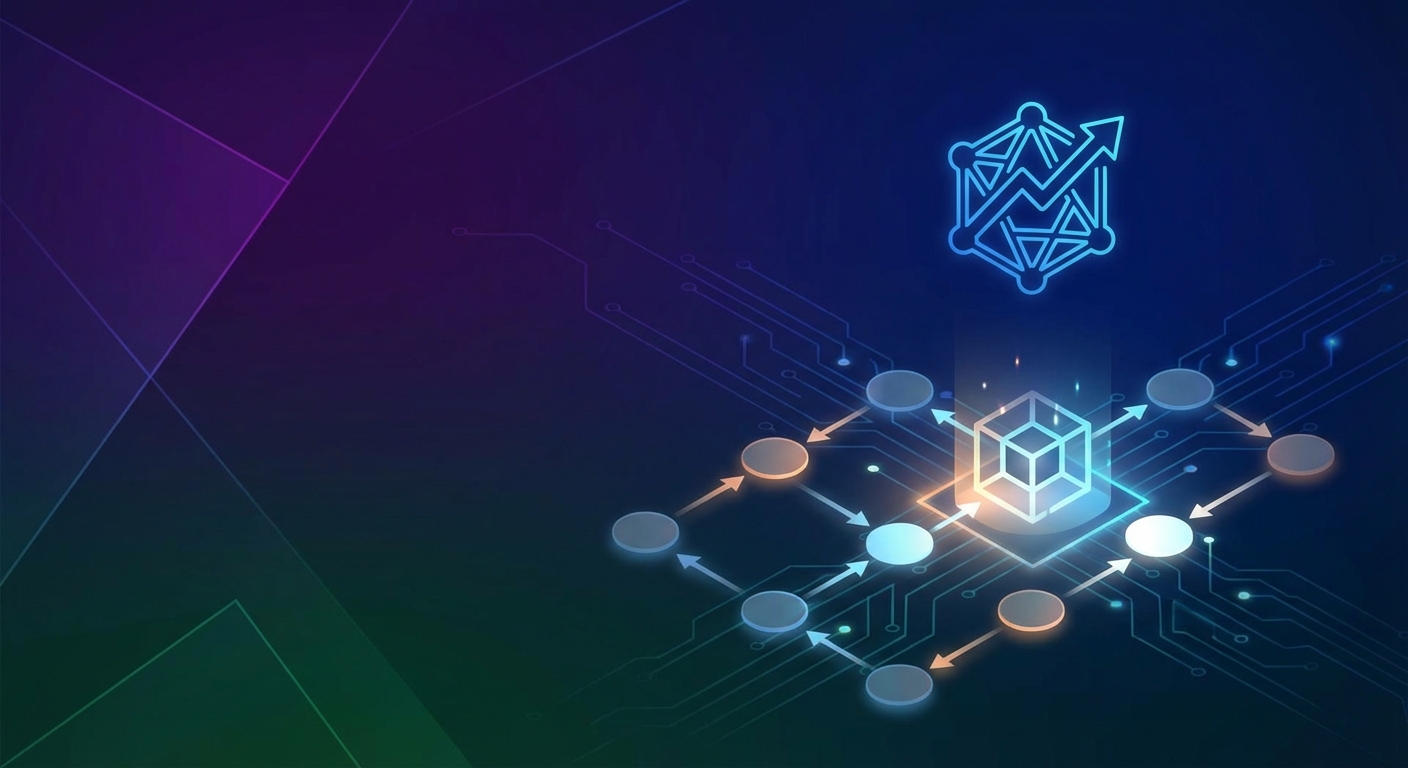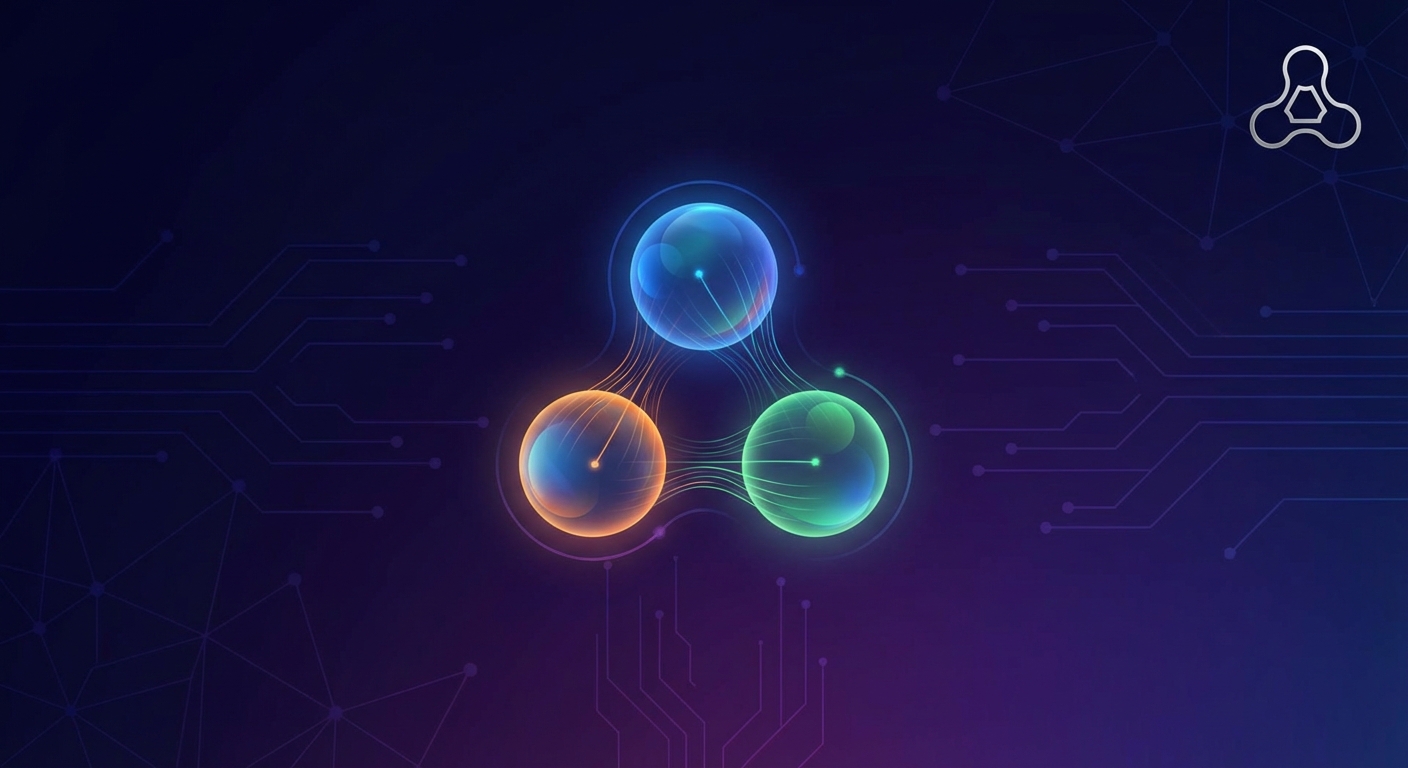Emerging Challenges for AI Agent Audit Trails: Ensuring Accountability and Security
TL;DR
- This article explores the emerging challenges in establishing effective audit trails for AI agents, covering the complexities arising from their autonomous nature, integration across diverse systems, and the evolving regulatory landscape. It highlights the need for updated governance frameworks, robust security measures, and continuous monitoring to ensure AI agents operate ethically, transparently, and in compliance with organizational policies.
The Expanding Landscape of AI Agents and the Need for Robust Audit Trails
AI agents are rapidly evolving, but are we ready to trust them? As AI agents take on more autonomous tasks, robust audit trails become essential for accountability and security.
- AI agents now make decisions independently, requiring careful oversight. (AI agents components and their role in autonomous ...)
- They are used across industries to automate complex tasks, like in healthcare for diagnostics, finance for fraud detection, and customer service for personalized support.
- IBM notes that governance frameworks need to be updated to account for agent autonomy.
Audit trails provide a detailed record of AI agent actions. They help detect biases, errors, and security breaches. Effective audit trails are crucial for compliance with regulations and ethical standards.
As we explore the expanding landscape of AI agents, we'll see why robust audit trails are more critical than ever. This includes challenges like ensuring data integrity, managing the sheer volume of data, and keeping up with evolving regulatory landscapes.
Key Challenges in Implementing AI Agent Audit Trails
AI agent audit trails face significant hurdles, but overcoming them is essential for responsible deployment. Let's explore the key challenges in establishing effective audit trails for AI agents.
One major challenge is the autonomy of AI agents. AI agents make decisions based on complex patterns, which makes it difficult to understand their rationale. (What are AI agents? Definition, examples, and types) This lack of explainability – the ability to understand why an AI made a certain decision – makes it hard to ensure ethical and safe actions.
Balancing AI efficiency with accountability and control is a key dilemma. As IBM points out, governance frameworks need updates to account for agent autonomy.
AI agents are vulnerable to security threats, including adversarial attacks and data leaks. Decentralized deployment, where agents operate across multiple distributed systems, makes it difficult to implement uniform security measures and maintain consistent audit trails.
Poorly governed apis can expose vulnerabilities to cyberattacks. This means apis that lack proper authentication, authorization, or regular security patching, can be exploited to gain unauthorized access or manipulate data, directly compromising the integrity of audit trails.
Regulations often lag behind technological advancements, creating ambiguity and contradictions. For instance, existing data privacy laws like GDPR might not fully address the nuances of AI agent data processing, leading to confusion on how to ensure compliance for AI-generated data. Similarly, the lack of specific AI ethics regulations can leave organizations unsure about what constitutes an "ethical breach" for an AI agent.
Organizations need to adhere to regulations when designing AI agents. As AI adoption grows, so does the need for clear regulatory frameworks, especially concerning data privacy and algorithmic transparency.
Navigating these challenges is crucial for responsible AI agent implementation. The next section will discuss how to address these technical hurdles.
Technical Hurdles in Capturing and Analyzing AI Agent Actions
AI agents are revolutionizing business, but are we equipped to track their every move? Understanding the technical challenges in capturing and analyzing AI agent actions is crucial for ensuring accountability.
AI agents generate vast amounts of data from diverse sources. This includes logs, transaction records, and api interactions. Managing and processing this data requires scalable infrastructure and advanced analytics, such as anomaly detection to spot unusual behavior, pattern recognition to identify trends, and predictive analytics to forecast potential issues, to ensure data quality and consistency for accurate audit trails.
A significant hurdle is the lack of standardized formats for logging AI agent activities. Since different AI platforms and frameworks may use incompatible logging mechanisms, interoperability becomes essential for creating comprehensive audit trails across systems. Without it, stitching together a complete picture of an agent's actions becomes a complex, manual, and error-prone process, leaving gaps in the audit trail.
Detecting anomalies and security breaches requires real-time monitoring of AI agent behavior. Setting up effective alerting systems to notify stakeholders of suspicious activities is critical. Examples of suspicious activities could include an agent attempting to access data it's not authorized for, exhibiting unusually high processing times for routine tasks, or generating outputs that deviate significantly from its training parameters.
As AI adoption grows, so does the need for clear audit strategies. The next section will discuss solutions for these technical hurdles.
Strategies for Strengthening AI Agent Audit Trails
AI agent audit trails are crucial, but how do we make them stronger? Implementing robust strategies ensures accountability and security in AI operations.
Capture all relevant AI agent actions, including inputs, decisions, and outputs. This provides a comprehensive record for analysis.
Use structured logging formats to facilitate analysis and querying. Standardized formats, like JSON, make it easier to search and filter logs.
Ensure logs include contextual information, such as user identities and timestamps. This helps trace actions back to their origins.
Use machine learning to detect anomalies and patterns in audit trail data. For example, an anomaly might be an AI agent suddenly making a large number of transactions outside of normal business hours, or a pattern could be a recurring sequence of decisions that leads to a specific outcome.
Implement sentiment analysis to identify potential ethical breaches. Analyzing the tone of agent interactions, for instance, if a customer service bot consistently uses dismissive language or exhibits bias in its responses, can reveal ethical issues.
Automate the process of reviewing audit trails to improve efficiency. AI can sift through vast amounts of data faster than humans.
Implement strong authentication and authorization mechanisms for AI agents. This prevents unauthorized access to sensitive data.
Use role-based access control (RBAC) and attribute-based access control (ABAC) to limit agent permissions. For AI agents, RBAC could mean assigning an agent a "customer service" role with access only to customer interaction data, while ABAC might grant access based on specific attributes like the sensitivity of the data or the user's location.
Regularly audit and review access controls to prevent unauthorized activities. Periodic reviews help catch and correct any misconfigurations.
By strengthening audit trails, organizations can better manage AI agent risks. The future of AI agent auditing will require continuous adaptation and innovation, focusing on proactive security measures and transparent governance.
The Future of AI Agent Auditing: Trends and Predictions
The future of AI agent auditing is rapidly approaching, promising enhanced accountability. What trends and predictions will shape this evolving landscape?
New technologies will enhance audit trail integrity. Standardized frameworks and ai-specific security protocols will also be crucial.
- Blockchain could provide tamper-proof audit trails.
- Federated learning may enable collaborative model validation.
- AI-specific security protocols, such as differential privacy techniques to protect sensitive training data or robust adversarial training methods to make agents more resilient to attacks, will address unique vulnerabilities.
Human auditors will remain essential. AI-powered tools will augment, not replace, human capabilities. Human auditors bring critical thinking, ethical judgment, and the ability to understand context and intent in ways that AI currently cannot. Continuous training is necessary to keep auditors updated.
Organizations must adapt governance frameworks. Collaboration between AI developers, security teams, and compliance officers is essential. Embracing transparency will foster trust.
The future of AI agent auditing demands proactive adaptation. As AI evolves, so must strategies for accountability and security.




